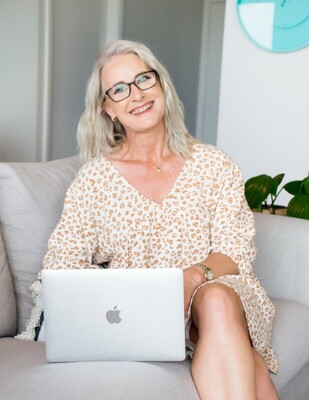|
People pleasing is usually driven by good intentions. As people, we genuinely want to help others, and want to be seen as ‘nice’. We don’t want to be perceived as selfish, unhelpful or incapable. Or maybe we feel that saying no will lead to a conflict we don’t want. Whatever your reasons for people pleasing, it can lead to you feeling, exhausted and burnout from neglecting your own needs because you’re so busy trying to please everyone else. But even though you know your people pleasing isn’t helpful and is the reason why you’re so tired, overwhelmed and exhausted all the time. You just can’t seem to break the habit! This is usually because you have been doing them for so long that they are ingrained in your psyche and almost feels like it’s a part of who you are, your identity. What if I told you that the reason you are a people-pleaser is because it comes from a place of fear. It stems from a fear of disapproval, rejection, conflict, and abandonment. Because we all want to belong. We want to get that approval and acceptance from others, and when it’s not there, we don’t feel safe within ourselves, or within the community. Take a moment, and ask yourself, why am I trying to please others, rather than myself? Which fear is taking hold of your life? I was just like you. Saying YES to everything when I should have said NO and it left me being a burnt-out, stressed and overwhelmed mum of 2. And this one thing that I do and teach my clients, is honestly a game-changer and you will be left wondering why you never used it before! Fear is what causes the people-pleasing to occur, so what we want to do is send a super clear message to your brain that you are safe, and so we want to create SAFETY in our minds. Ask yourself these 4 questions: 1. What’s the worst thing that can happen? 2. What could you do to prevent the worst from happening? 3. What can you do if the worst happens? 4. What’s the best that could happen? This has been adapted from Cognitive Behavioural Therapy (CBT) and really assists my own clients in moving forward with their people-pleasing ways and breaking the cycle of the habit. We do this in conjunction with creating a safe place when using coaching, as well as unlocking what is happening on a deeper subconscious level too. Will you be using these 4 questions the next time you’re considering saying YES when you should say NO? Meet Our Contributing Author — Lesa Blackham Lesa Blackham is a life coach who is passionate about helping capable, intelligent, and talented women to recover from people-pleasing so they can realise their true potential. Connect and learn about Lesa’s work here.
0 Comments
Your comment will be posted after it is approved.
Leave a Reply. |
All Good Things Come From Gratitude.
Disclaimer:The information, opinions, and recommendations shared on Style My Soul are for information only and any reliance on the information provided is done at your own risk. We publish pieces by outside contributors representing diverse opinions, which don't necessarily reflect our own. The views are of the contributors are their own. Information provided by the contributors is presented as is it was submitted allowing the reader to hear the contributor's voice in their delivery. Style My Soul does not endorse, approve, or certify any information and/or brands referenced in its content.
© 2024, Style My Soul. All Rights Reserved.
